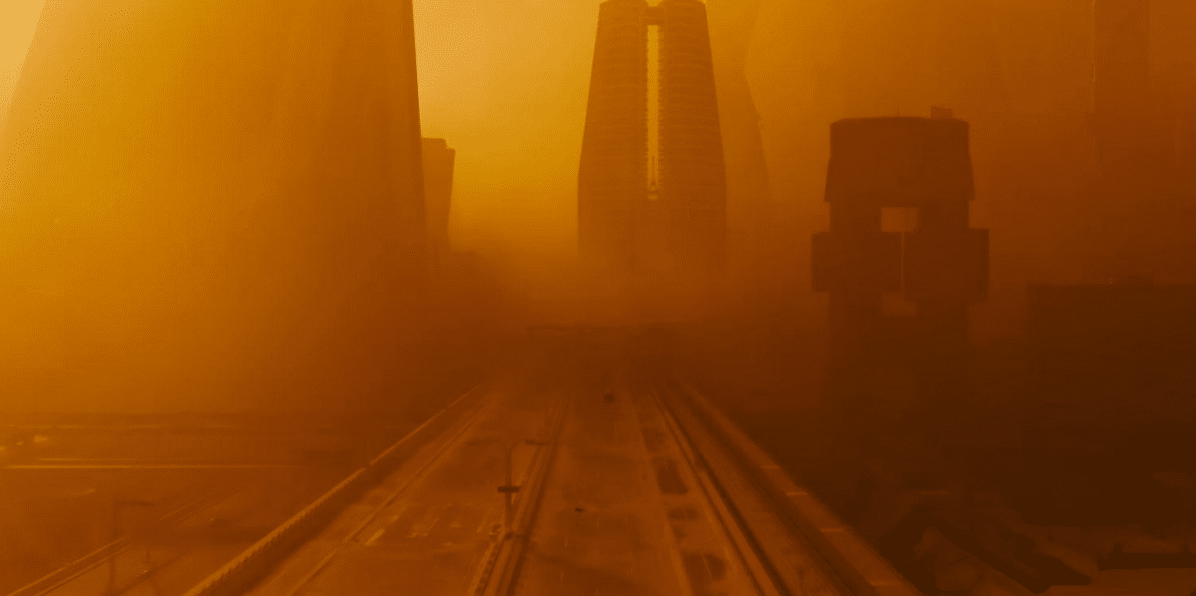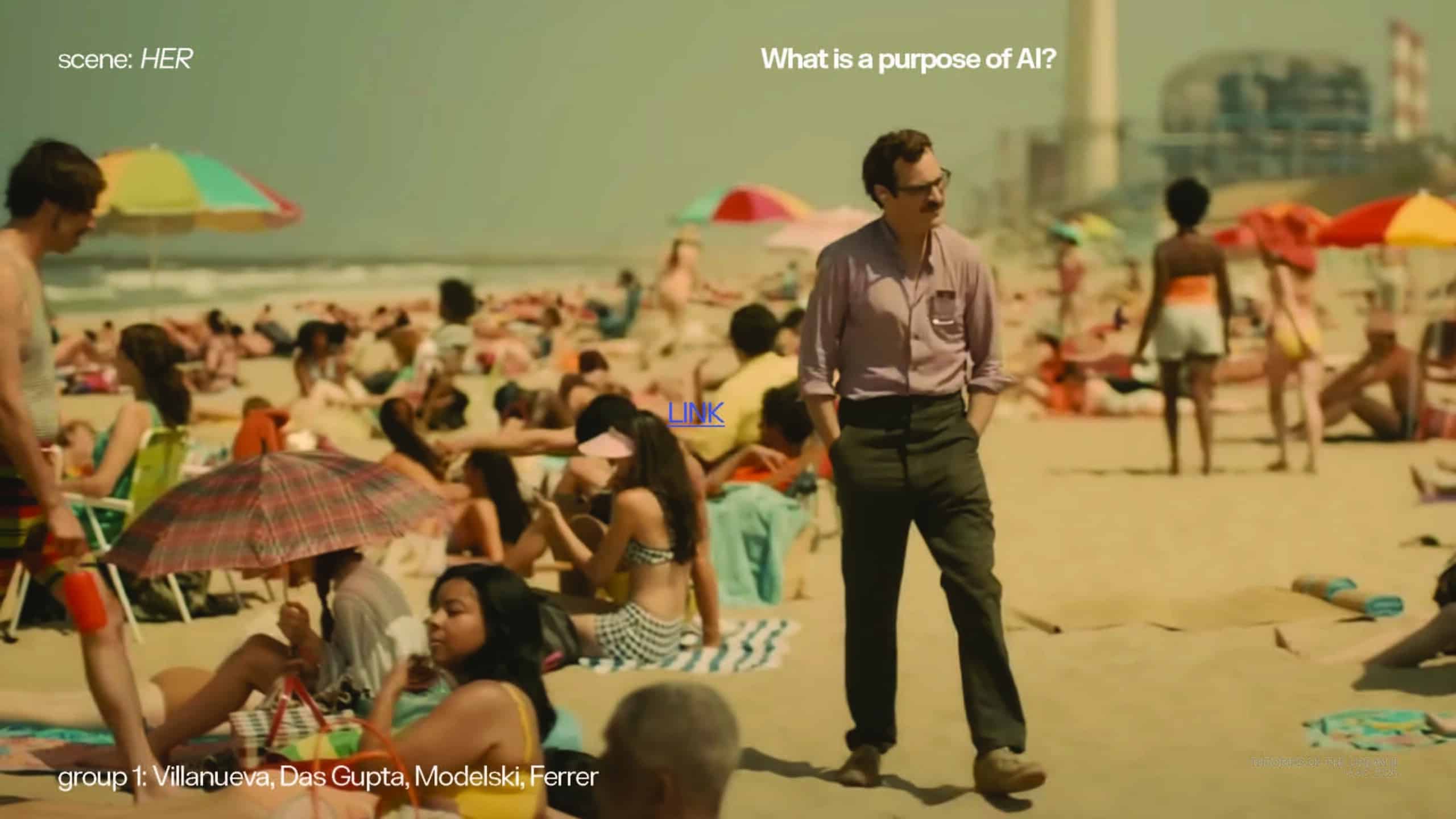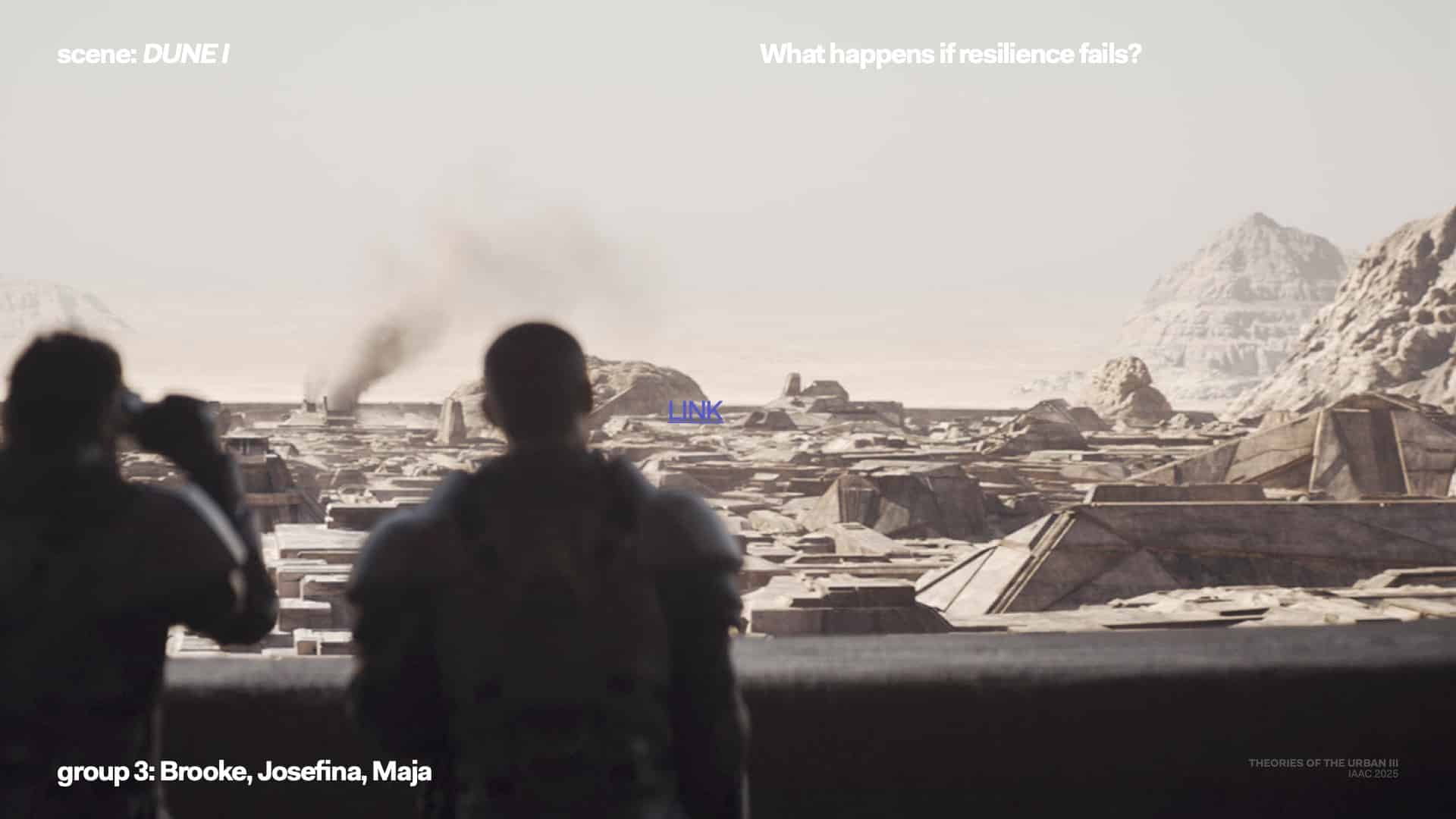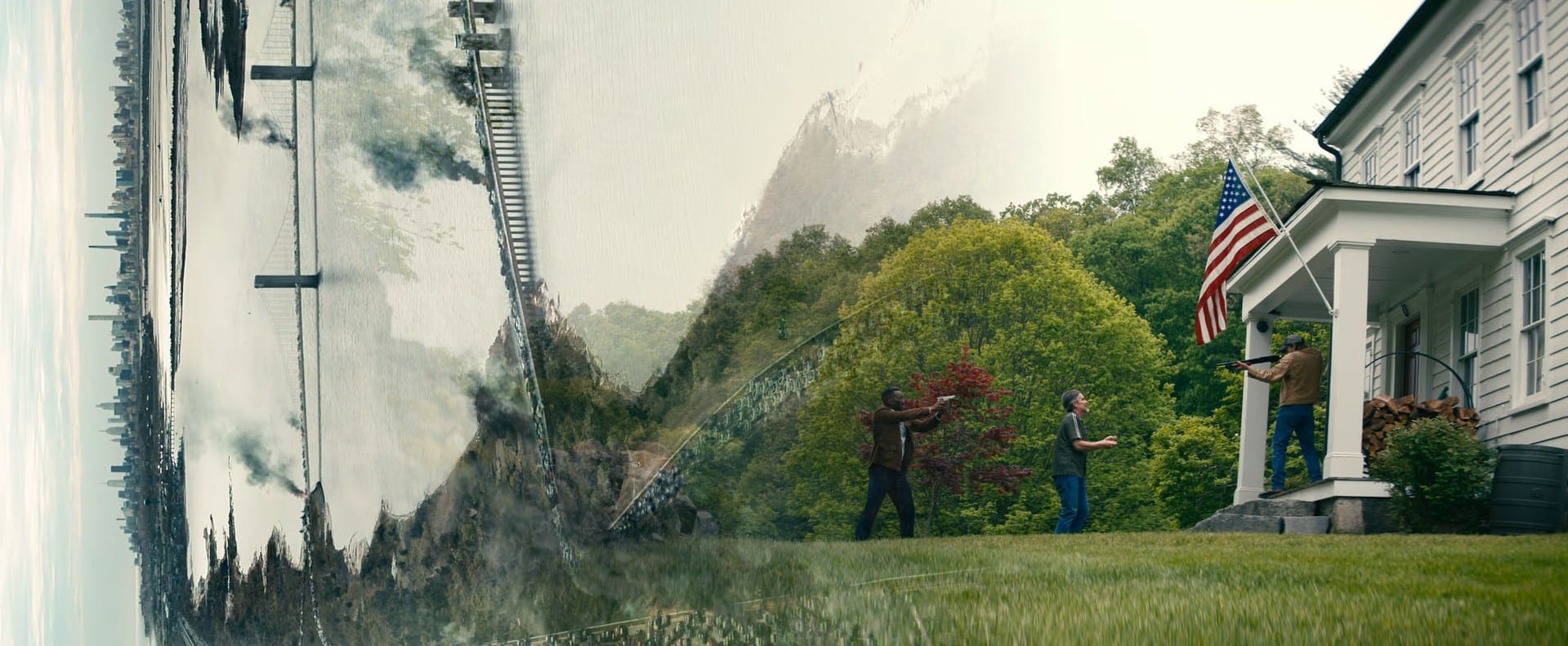
Image credit: Denis Villeneuve, Blade Runner 2049
Description
“More human than human, that’s our motto.”
—Tyrell Corp, in Blade Runner (1982)
The third and last volume of the Theories of the Urban Seminar turns to science fiction as both a critical-speculative discourse and a distinct mode of spatial representation, interrogating the urban imaginaries of the Anthropocene through theoretical and cinematic lenses. If the previous installments established a rigorous practice of reading urbanization—first as a historical and conceptual problem (Vol. I), then through the prism of finance capital (Vol. II)—this final iteration extends the inquiry into the possible futures of the urban world in the age of artificial cognition and ecological crisis.
Across four sessions, we will engage with a carefully curated selection of films and texts that illuminate different scenarios for the years and decades to come: from algorithmic urban governance and predictive control to socio-environmental collapse, and from the spatialities of resilient urbanism to the (geo)politics of planetary-scale computation, each class will juxtapose speculative fiction with critical urban theory, mobilizing science fiction as a form of ecological critique. In so doing, Anthropocene Futures expands the seminar’s methodological commitment to close and hyper-readings—now attuned to the aesthetic and epistemic stakes constitutive of the Anthropocene.
Learning Objectives
At course completion the student will:
– Have an understanding of the urgency of reconceptualizing practices of reading and writing scholarly as well as visual material to develop, nurture, and expand criticality in the age of AI and LLMs. This is the methodological objective of the course.
– Have the ability to develop original and substantiated positions on the issues/problematiques and case-studies (films/texts) discussed in the course—especially about the relationship between cities, nature, and design as seen through the lens ofrecent discourses within the field of urban,
environmental, and media studies. This is the content-related objective of the course.
– Have the capacity to deploy ‘close-‘ and ‘hyper-reading’ techniques through which to decode the multiplicity of (spatial, political-economic, technological) dimensions that define the complex and multi-scalar character of the urban process.







